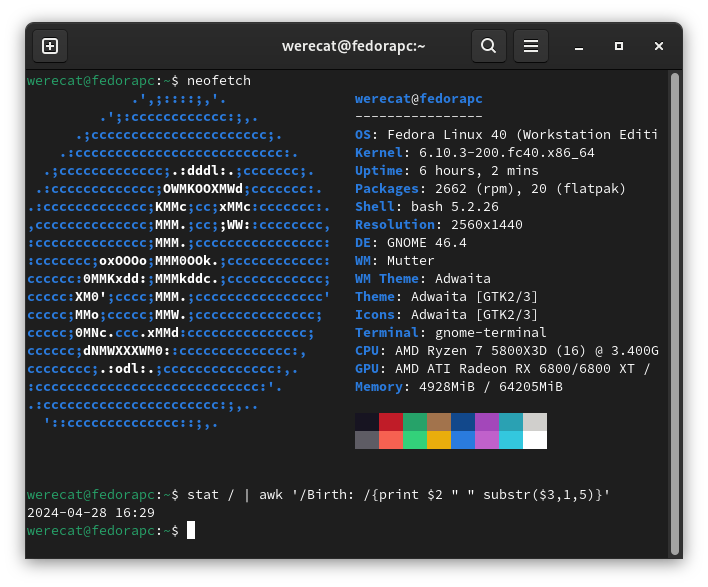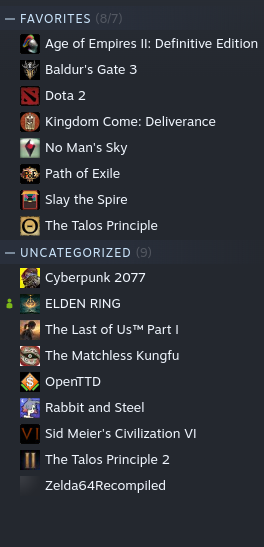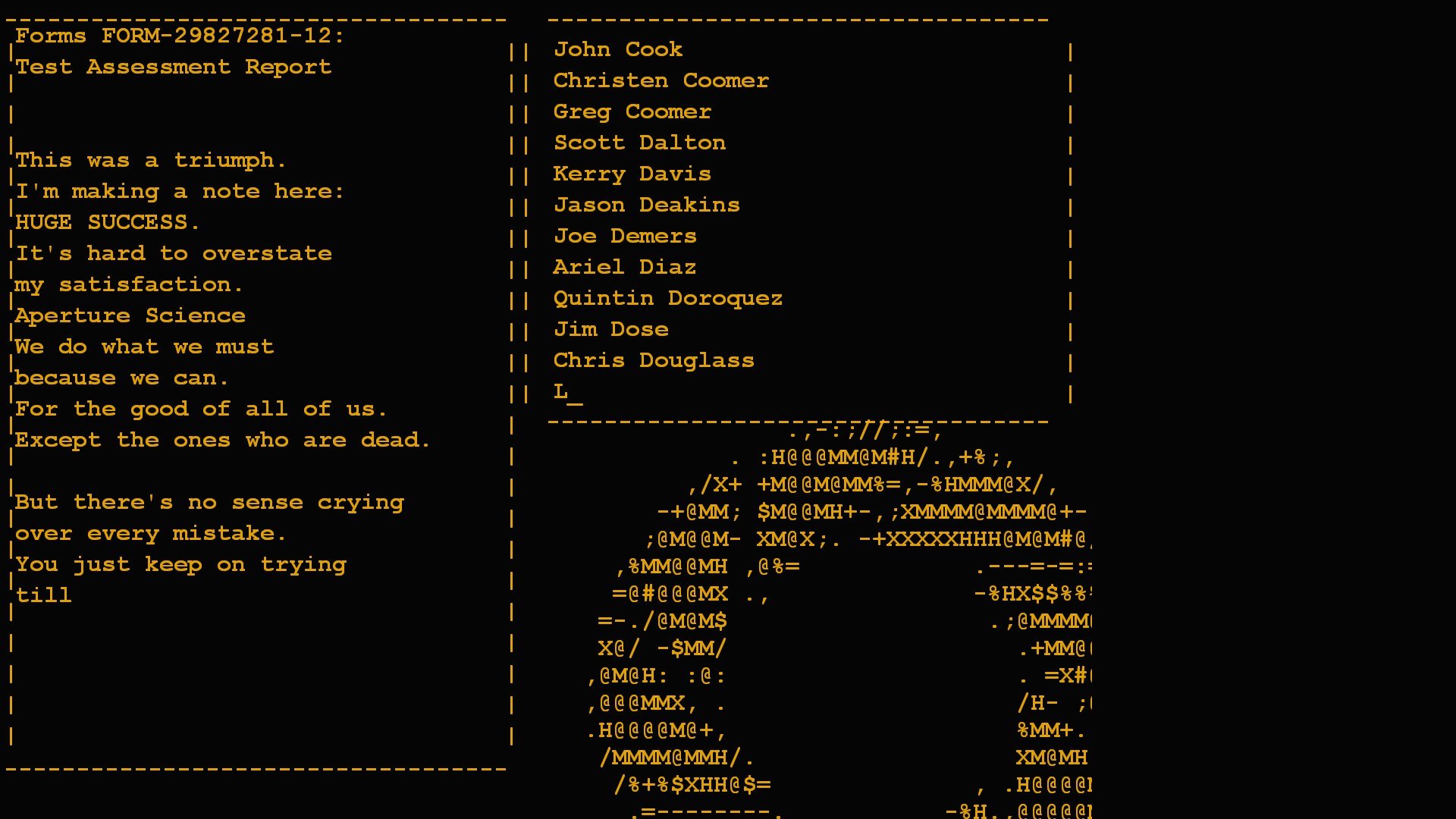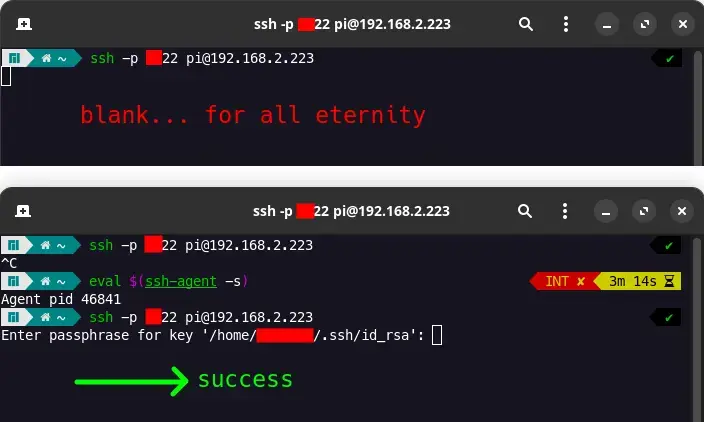Linux
49110 readers
1097 users here now
From Wikipedia, the free encyclopedia
Linux is a family of open source Unix-like operating systems based on the Linux kernel, an operating system kernel first released on September 17, 1991 by Linus Torvalds. Linux is typically packaged in a Linux distribution (or distro for short).
Distributions include the Linux kernel and supporting system software and libraries, many of which are provided by the GNU Project. Many Linux distributions use the word "Linux" in their name, but the Free Software Foundation uses the name GNU/Linux to emphasize the importance of GNU software, causing some controversy.
Rules
- Posts must be relevant to operating systems running the Linux kernel. GNU/Linux or otherwise.
- No misinformation
- No NSFW content
- No hate speech, bigotry, etc
Related Communities
Community icon by Alpár-Etele Méder, licensed under CC BY 3.0
founded 5 years ago
MODERATORS
1326
1327
1328
1329
1330
1331
1332
1333
1334
1335
1336
60
Is FreeSync over HDMI not supported in linux even for FreeSync compatible monitors?
(discuss.tchncs.de)
1337
1338
1339
1340
1341
15
VRR toggle visible on internal Laptop monitor but not for External FreeSync Monitor in GNOME
(discuss.tchncs.de)
1342
1343
114
why can't I connect to my ssh server UNLESS I enter eval "$(ssh-agent -s)" first?
(lemmy.dbzer0.com)
1344
1345
1346
1347
1348
1349
1350



